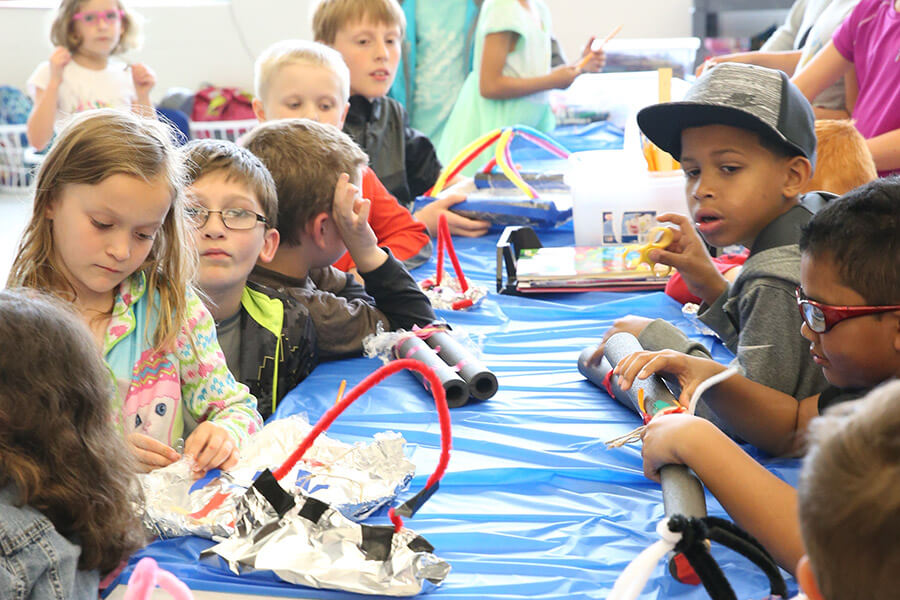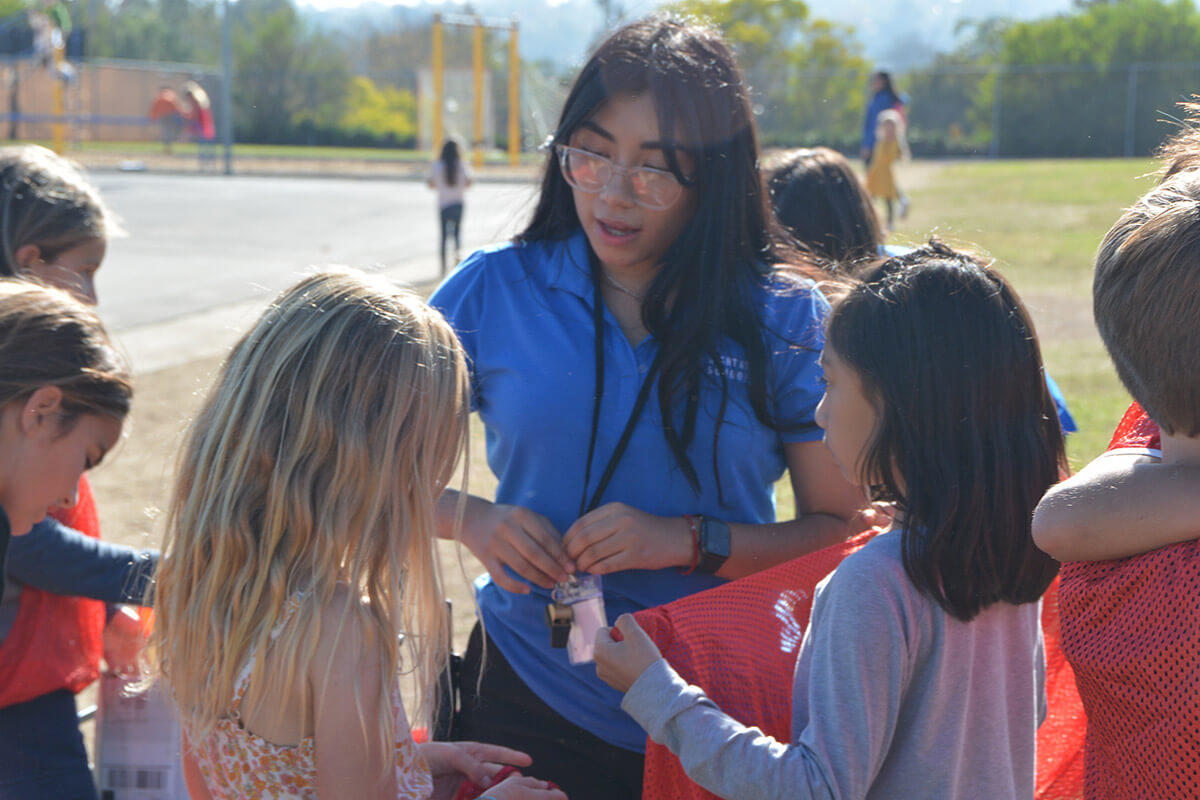
By Dr. Dawn Bridges, Vice President of Educational Affairs
In my last post, I recapped my experiences at the When Women Lead (WWL) Summit in Vancouver, Washington. The national summit brought together equity thought leaders and education leaders to engage in a deep dialog on topics including executive leadership, equity policy, and digital inclusion.
This post is a continuation of my top nine takeaways from the summit:
Use your voice.
Speak your story. In addition to advocating for yourself, speak up whenever and wherever you can to advocate for women.
As Sheleah Reed — a speaker at the WWL Summit and author of the book, “Do You. The Audacity to Live a Bold and Authentic Life” — says,
“The goal is to get comfortable doing you. … explore what makes YOU unique — and then use that knowledge to guide yourself towards situations and experiences in which you will thrive and find purpose.”
— Sheleah Reed
Call out tone policing.
Tone policing is a common tactic used to silence women in the workplace and shift the focus away from what we are saying to how we are saying it. E.g., A woman who stands up for herself or advocates for herself is often told to “calm down” because she’s coming across as being “angry” or “aggressive” or “emotional,” while a man who does the same thing is called “strong” or “ambitious” or “a real go-getter.”
One way to stop tone policing is to identify it and call it out. Another is to support other people’s perspectives and their right to voice them, regardless of if you agree or disagree. Their emotions and opinions are valid, even if they differ from your own.
Stop apologizing.
Research shows that women tend to apologize more than men, which is partially the result of socialization. I, too, have this tendency. However, over-apologizing can undermine our authority and even harm our self-esteem.
For example, it’s not necessary to apologize if we have a question, or for something that is not our responsibility, or if someone asks for something unreasonable. (Remember that “No” is a complete sentence.)
So, the next time you are tempted to say, “I’m sorry,” stop to consider if it’s necessary or if another response would be more appropriate.
For example:
- “Thank you for listening.”
- “Thanks for your time.”
- “I appreciate your patience.”
- “Thank you for catching that error.”
- “From another perspective…”
And not all apologies are not bad. Apologies can be a sign of empathy, which is a critical skill in the workplace.
Find role models for yourself (and your students).
You can’t be what you can’t see. When we make hiring decisions in districts, schools, and other organizations, the individuals filling the positions — including top leadership roles — should be representative of the populations they represent or serve.
Culture matters.
What is the culture in your district and schools? What is the culture in the organizations with which you partner?
In my work, I am frequently reminded of something that Dr. Joe Sanfelippo (former superintendent of the Fall Creek School District in Wisconsin) taught me several years ago. He said that we all must be intentional about focusing on the culture we are trying to build and maintain. Every day, our actions and words either add to the culture or break it down.
I believe there is real power in that idea. Here at Right At School, we are a meritocracy and we employ personnel who want to be held accountable to individual and group outcomes in order to achieve our mission.
Our mission at Right At School is to inspire a love of learning, support schools, and give parents peace of mind.
We know we can only achieve this mission by recruiting, supporting, and retaining high- performing front-line educators and coaches and by providing them with the tools and resources they need to serve our students and grow professionally. This means supporting equitable opportunities for all — and this commitment is reflected in both our central office team and our local leaders.
Have hope.
The collaboration and camaraderie I experienced at the WWL Summit was truly inspiring. So, my final takeaway is one of hope. None of us is alone in this journey. There is a better future ahead — and it’s up to us to shape it.

Dr. Dawn Bridges
Dr. Dawn Bridges has over 25 years of experience in the fields of education and professional learning, having held the roles of teacher, reading specialist, special education coordinator, principal, and assistant superintendent for curriculum and instruction. She has dedicated her career to ensuring that all students have the support they need to thrive in and out of school. You can follow Dr. Bridges on LinkedIn and Twitter and subscribe to the RAS blog to keep up with her work.









